Best Keto Diet Recipes for Athletes | High-Protein & Easy

Introduction to Keto Diet Recipes for Athletes
Fueling Performance: Why Keto Diet Recipes for Athletes Are Gaining Momentum
In the fast-paced world of athletic performance and endurance, nutrition is not just important—it’s essential. While traditional high-carb diets have long dominated the sports nutrition landscape, a new wave of athletes is turning to a different approach: keto diet recipes for athletes. These low-carb, high-fat meal plans are redefining how athletes fuel their bodies for peak performance and recovery.
The ketogenic diet—commonly referred to as “keto”—works by shifting the body’s primary fuel source from carbohydrates to fats. By limiting carb intake and increasing healthy fats, the body enters a state called ketosis, where it burns fat for energy. For athletes, this shift can offer enhanced endurance, mental clarity, and a more stable energy supply throughout training and competition.
Whether you’re a seasoned triathlete, a powerlifter, or someone who just enjoys high-intensity workouts, keto can be an effective tool in your nutrition arsenal. In this three-part article series, we’ll dive deep into the science, benefits, and top keto diet recipes for athletes, while also exploring special diet recipes for athletes that complement the ketogenic lifestyle.
Let’s begin with the basics: what exactly is the keto diet, and how does it apply specifically to athletes?

Understanding the Keto Diet and Its Role in Athletic Nutrition
What is the Keto Diet?
The ketogenic diet is a nutritional protocol that focuses on reducing carbohydrate intake to typically less than 50 grams per day. The goal is to push the body into a metabolic state known as ketosis, in which it begins to utilize stored fat for energy instead of glucose derived from carbs.
This approach is built around high consumption of healthy fats (like avocados, nuts, seeds, olive oil), moderate protein intake (chicken, eggs, fish), and minimal carbs (leafy greens, berries, low-starch vegetables). As a result, keto alters your body’s fuel preferences, prioritizing fat metabolism over sugar metabolism.
Why It Matters for Athletes
Most athletes traditionally rely on carbohydrates as their primary energy source, especially for high-intensity or endurance-based activities. However, carbohydrates are limited in how much they can be stored in the body. When they run out, athletes often hit the dreaded “wall.”
Keto, on the other hand, teaches the body to efficiently burn fat—a much more abundant energy reserve. Once fat-adapted, athletes can train and perform for longer durations without the need for frequent carb-loading or sugar-based energy boosts. This is particularly beneficial in endurance sports like ultramarathons, cycling, and even competitive CrossFit.
Additionally, some research suggests that keto may help reduce inflammation, speed up muscle recovery, and enhance mental focus during training. These factors contribute to why keto diet recipes for athletes are gaining ground in sports communities.

Benefits of Keto Diet Recipes for Athletes
1. Stable Energy Levels and Endurance Performance
One of the top complaints from athletes on high-carb diets is energy crashes and bonking during long sessions. Since keto trains your body to tap into fat reserves, which provide more than double the energy of carbs per gram, athletes on a ketogenic plan often experience fewer energy dips. The steady energy supply helps endurance athletes push through grueling workouts with fewer breaks or re-fueling requirements.
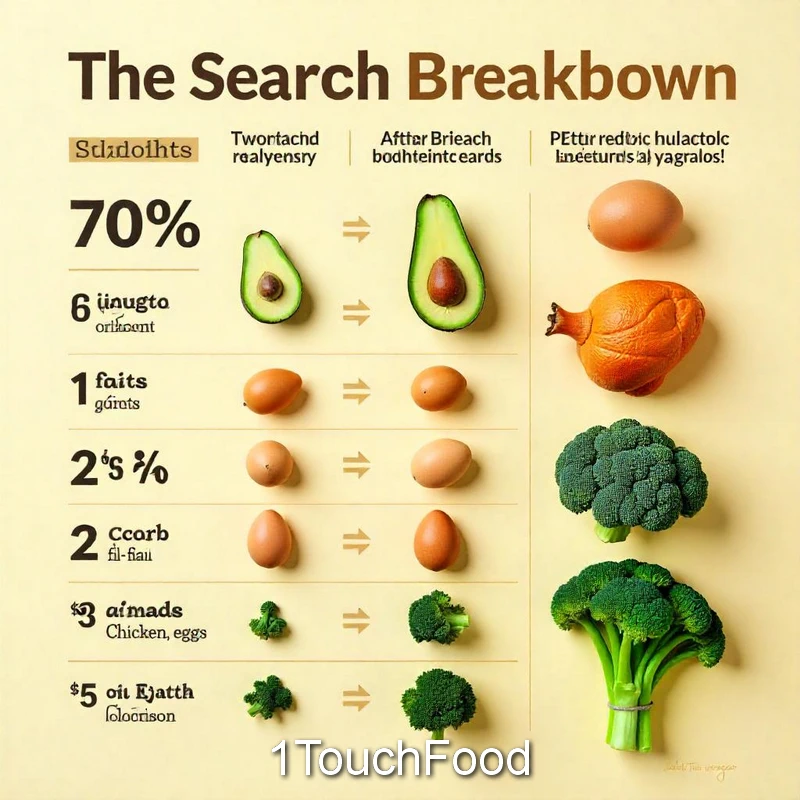
2. Enhanced Mental Clarity and Focus
Athletes need more than physical strength to perform at their best; mental toughness plays a huge role. Many report improved cognitive function and concentration on a ketogenic diet. Ketones, which are produced during ketosis, are known to be a clean and efficient fuel source for the brain.
3. Improved Recovery and Reduced Inflammation
Inflammation is the enemy of recovery. Fortunately, keto diets are rich in anti-inflammatory foods like omega-3s and antioxidants. This can speed up muscle recovery, reduce joint pain, and lower the risk of overuse injuries. Athletes who incorporate keto diet recipes for athletes often report quicker bounce-back times between intense training sessions.
4. Optimized Body Composition
Keto is not just a performance-enhancing diet; it’s also a great tool for body recompositing. Many athletes find they are able to maintain lean muscle mass while reducing fat stores. This is particularly useful for sports where weight categories or aesthetics matter, such as wrestling, MMA, or gymnastics.
5. Metabolic Flexibility
Being fat-adapted gives athletes the ability to switch between energy systems more effectively. This metabolic flexibility can be a game changer, especially in sports that require both anaerobic bursts and sustained aerobic effort.
Exploring Special Diet Recipes for Athletes and Keto Synergy
The Role of Special Diet Recipes for Athletes in Enhancing Performance
Not all athletes thrive on the same nutrition plan, which is why special diet recipes for athletes play a crucial role in personalization. These diets, including keto, paleo, gluten-free, or plant-based approaches, help athletes meet their specific training goals, manage allergies or intolerances, and fine-tune their performance output.
One of the key benefits of special diet recipes is the ability to maintain nutrient-dense intake without triggering sensitivities or gut issues. For example, a gluten-free, low-carb meal can be both ketogenic and anti-inflammatory, allowing athletes with sensitivities to train without setbacks. Special diets can also enhance digestion, absorption, and energy efficiency.
Many high-performing athletes incorporate elements of keto into broader dietary frameworks tailored to their sport. For example:
- Endurance athletes may pair keto with carb cycling.
- Bodybuilders might follow targeted ketogenic diets that incorporate post-workout carbs.
- Vegan athletes can adopt a plant-based keto strategy using coconut oil, nuts, and low-carb vegetables.
These combinations empower athletes to optimize both performance and recovery while staying aligned with personal health needs.
How Special Diet Recipes Integrate with the Keto Lifestyle
The good news is that special diet recipes for athletes can easily be adapted to the keto framework. Here are some examples of how to do this:
- Low-Carb High-Protein Meals: Combine keto-friendly protein sources like salmon, chicken thighs, or tofu with leafy greens and olive oil.
- Gluten-Free Keto Recipes: Use almond flour or coconut flour instead of wheat-based flours for pancakes, muffins, and other baked goods.
- Dairy-Free Options: For those avoiding lactose, substitute with coconut milk, almond cheese, and cashew creams.
- Anti-Inflammatory Additions: Include turmeric, ginger, and omega-3-rich seeds to support joint and muscle health.
Meal prep becomes significantly easier when athletes have go-to recipes that meet both their dietary restrictions and performance goals. For example, a breakfast of eggs cooked in ghee with avocado slices and a side of sautéed spinach ticks the boxes for keto, dairy-free, and anti-inflammatory diets.
By tailoring meal plans to your body’s unique requirements, you reduce the risk of digestive stress, ensure consistent energy delivery, and foster a stronger mind-body connection.
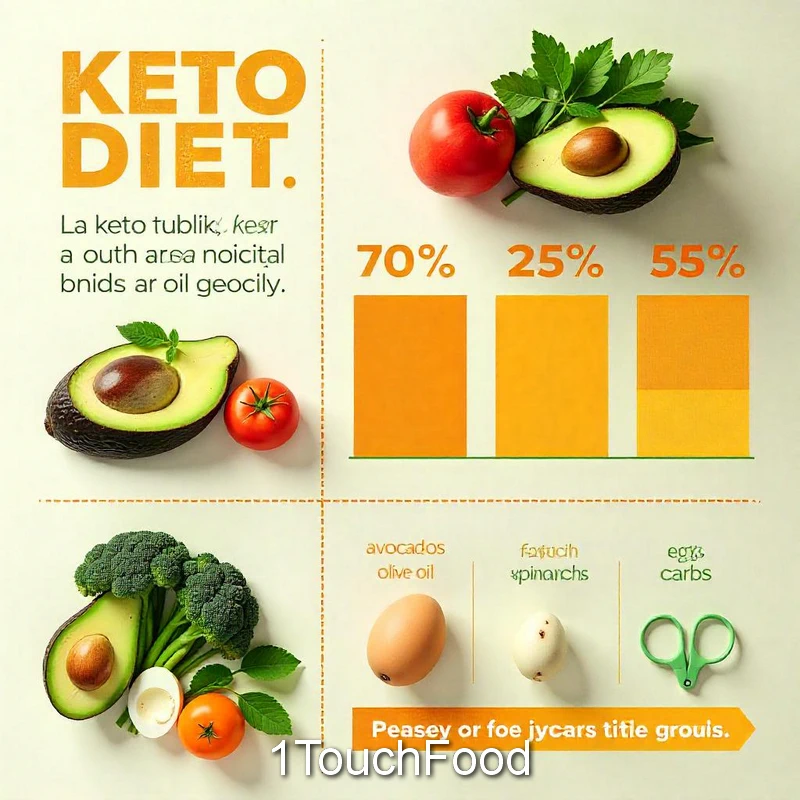
Keto vs. Traditional Athlete Diets: Which One Fuels Performance Better?
When it comes to fueling an athlete’s body, both the keto diet and traditional high-carb diets offer distinct advantages. Let’s break them down side by side to understand how keto diet recipes for athletes compare to their traditional counterparts:
| Feature | Keto Diet for Athletes | Traditional Athlete Diet |
|---|---|---|
| Primary Fuel Source | Fat and ketones | Carbohydrates (glucose) |
| Energy Consistency | Stable, long-lasting energy | Quick bursts with potential crashes |
| Mental Focus | Enhanced due to steady ketone supply | Can fluctuate based on blood sugar |
| Muscle Glycogen Storage | Lower, adapted through keto-acclimation | High and quickly replenished |
| Recovery Support | Anti-inflammatory benefits from fat adaptation | Relies on carb intake for recovery |
| Best For | Endurance, fat-adapted training, mental clarity | Explosive power, short-burst sports |
While traditional diets may provide more immediate energy for sprinters or weightlifters, keto diet recipes for athletes shine in endurance sports, mental clarity, and sustainable energy—especially when an athlete has adapted to ketosis. Don’t forget Homemade Trail Mix for Athletes: The Ultimate Energy Boosting Snack.
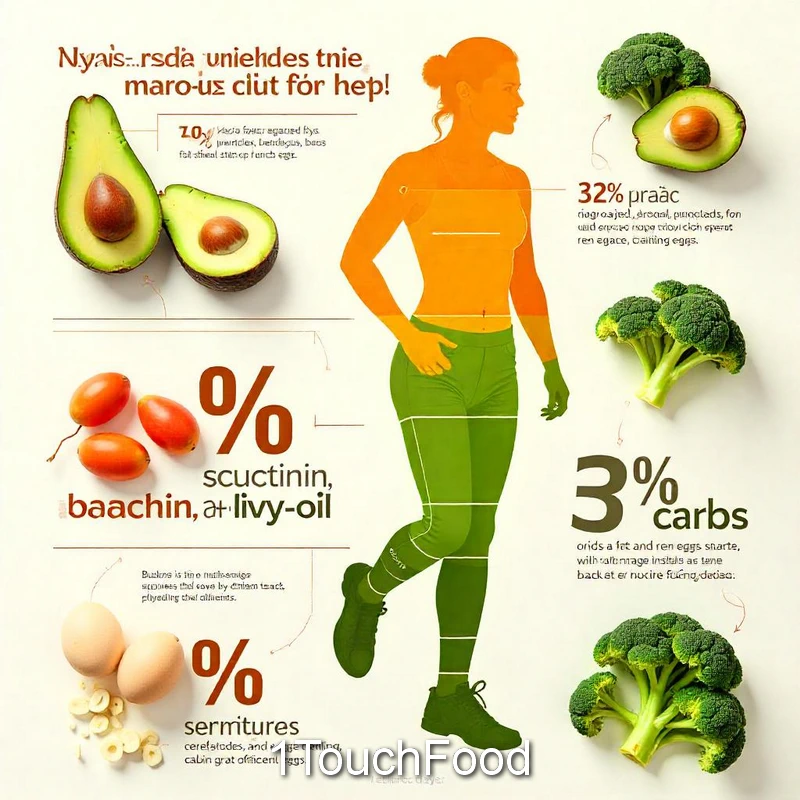
How to Create Effective Keto Meal Plans for Athletic Training
Creating a well-structured keto meal plan is critical for athletic performance. It’s not just about cutting carbs—it’s about strategically fueling your body with the right fats, proteins, and micronutrients. Here’s a practical guide:
1. Set Your Macronutrient Ratio
Athletes on keto generally benefit from the following macronutrient balance:
- 70% healthy fats
- 25% high-quality protein
- 5% carbohydrates (preferably from leafy greens and low-glycemic vegetables)
This keeps the body in ketosis and supports recovery, endurance, and lean muscle maintenance.
2. Choose Athletic-Friendly Keto Foods
Here’s a breakdown of foods to prioritize:
- Fats: Avocados, olive oil, coconut oil, nuts, seeds, fatty fish (salmon, sardines), MCT oil.
- Proteins: Grass-fed meats, free-range poultry, eggs, tofu, tempeh, collagen peptides.
- Vegetables: Spinach, kale, broccoli, zucchini, cauliflower.
- Hydration & Electrolytes: Bone broth, sea salt, magnesium-rich water, electrolyte supplements.
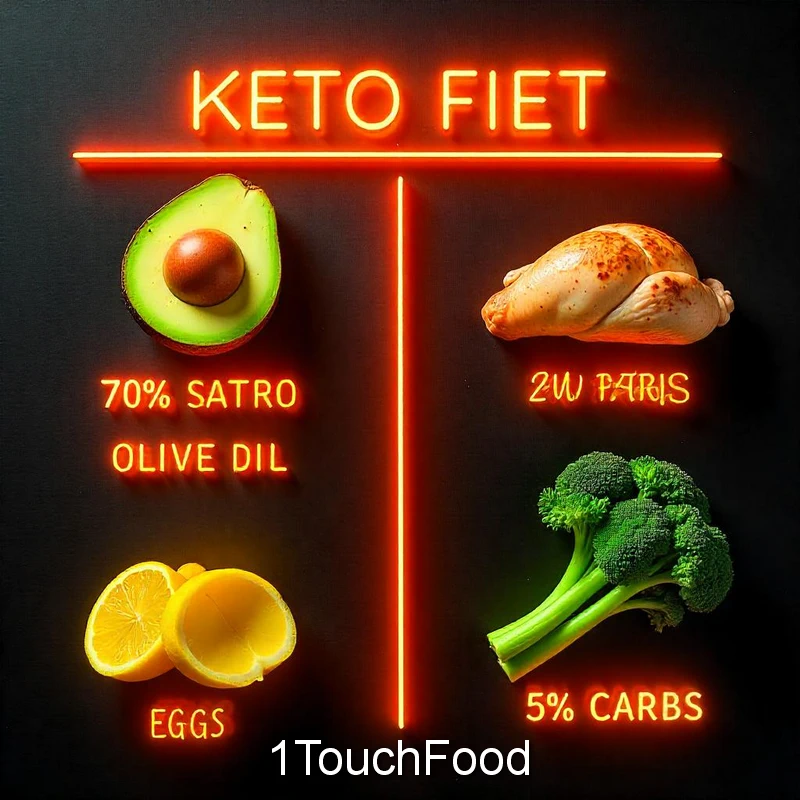
3. Plan Around Your Training Schedule
- Pre-workout: A small snack with MCT oil or nut butter to increase ketone production.
- Post-workout: Focus on protein and anti-inflammatory fats. Keto protein shakes with added collagen, or a serving of salmon and avocado, are ideal.
- Rest days: Maintain fat intake, slightly lower protein, and keep carbs minimal.
4. Sample Daily Keto Meal Plan for Athletes
- Breakfast: Scrambled eggs with spinach cooked in ghee, topped with avocado slices.
- Snack: Handful of walnuts + MCT oil coffee.
- Lunch: Grilled chicken over kale salad with olive oil dressing and hemp seeds.
- Pre-workout snack: Keto bar or coconut fat bombs.
- Dinner: Baked salmon with cauliflower mash and sautéed zucchini.
- Optional: Bone broth before bed to aid recovery.
Consistency is key—especially when adapting to keto. Give yourself 3–4 weeks of strict adherence before expecting major performance changes.

FAQs About Keto Diet Recipes for Athletes
Q1: Is the keto diet safe for athletes?
Yes, when properly managed, keto is safe and can be highly effective. It’s especially beneficial for endurance athletes and those wanting stable energy and fat-adaptation.
Q2: Can I build muscle on a keto diet?
Absolutely. The key is consuming adequate protein and engaging in resistance training. Keto supports lean muscle mass, though hypertrophy may take slightly longer.
Q3: How long does it take to adapt to keto?
Most athletes need 3–6 weeks for full keto adaptation. During this time, performance may temporarily dip but improves once ketosis is stabilized.
Q4: Are there keto-friendly supplements for athletes?
Yes. MCT oil, BCAAs, magnesium, potassium, and collagen protein are popular. They support energy, recovery, and electrolyte balance.
Q5: Can I use carb cycling with keto as an athlete?
Some athletes benefit from targeted keto or cyclical keto, where small carb loads are used around intense workouts. This should be done strategically and under guidance.

Conclusion
Adopting a keto diet as an athlete can be transformative. It offers steady energy, supports mental clarity, and can enhance endurance once your body is fully fat adapted. While it may not suit every sport or every athlete, those who embrace it often find powerful results—especially when recipes are tailored to meet performance demands.
Whether you’re new to keto or looking to optimize your regimen, remember: the key is consistency, smart planning, and choosing nutrient-dense, performance-focused ingredients. With the right strategy, keto diet recipes for athletes can fuel both your training and recovery for peak results.
Enjoy! See our youtube. Quench your thirst and revitalize your body with our collection of refreshing and hydrating recipes. All athletes must pay close attention to their nutrition to achieve optimal performance. You can see CookBook for athletes and Building a Bigger Butt. Its very useful for athletes.


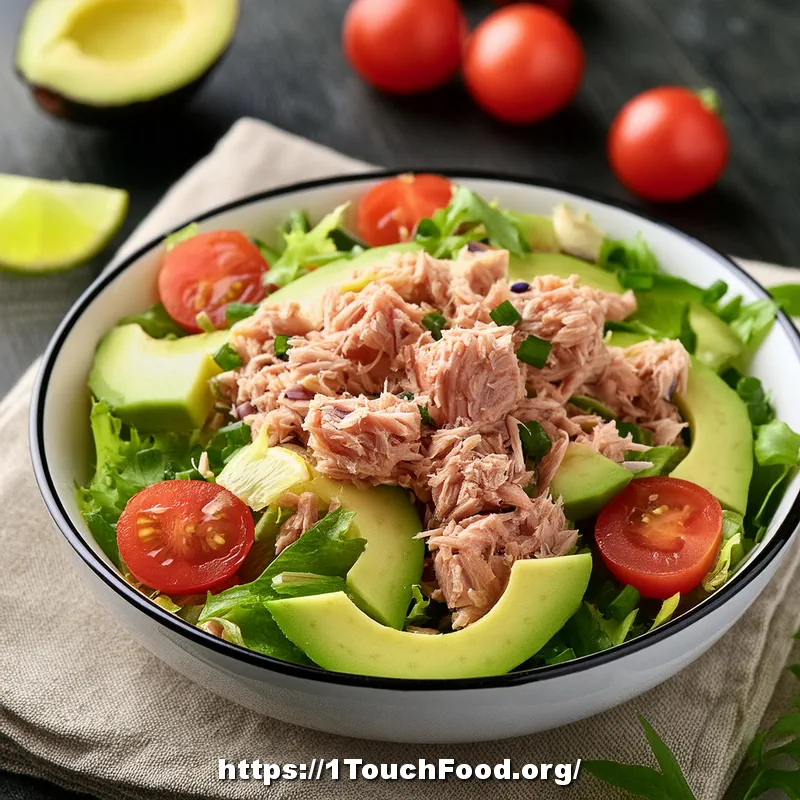
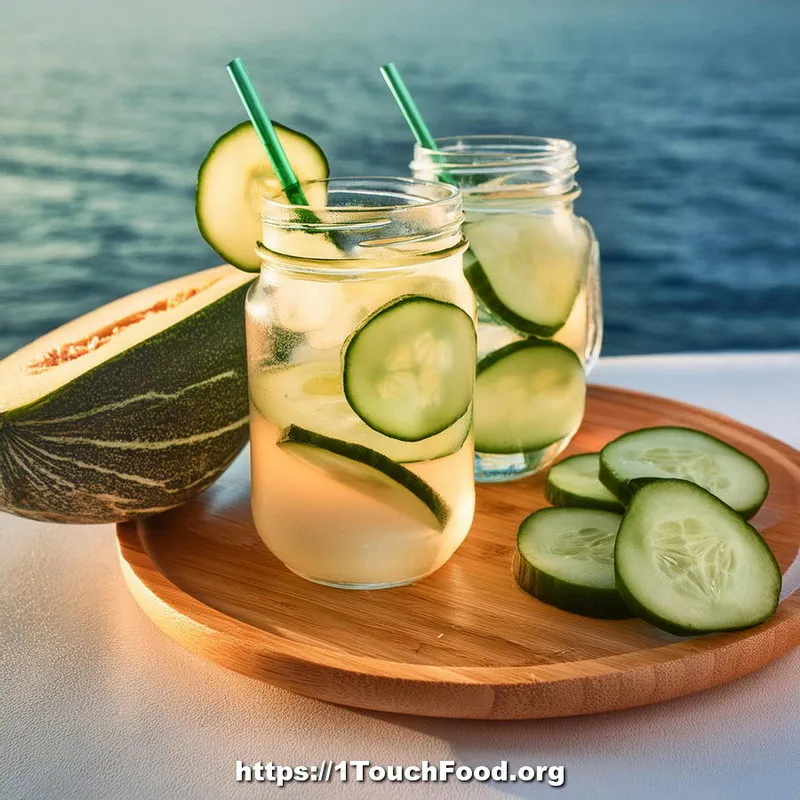

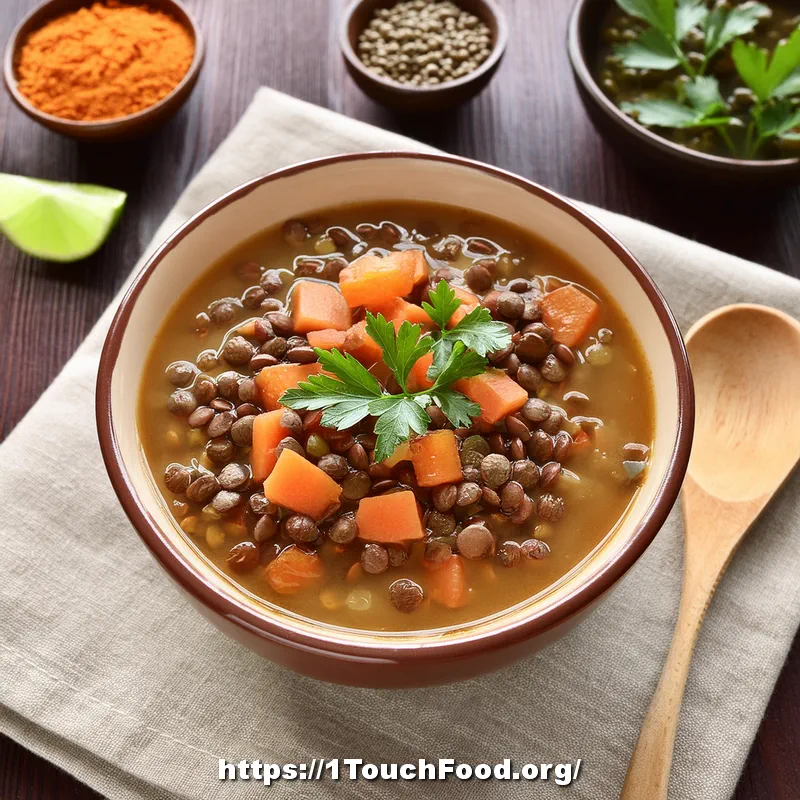







Leave a Reply